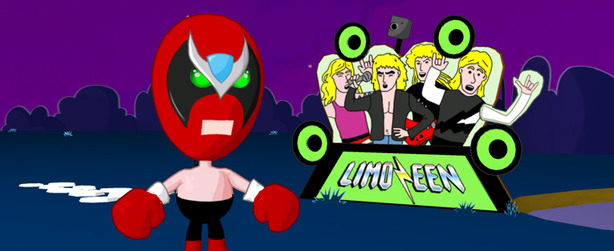The Problem With Porting Games
August 18, 2009 | 07:10
Companies: #bit-tech #microsoft #nintendo #sony

Rules and regulations
The Wii also creates problems when it comes to saved games, as Nintendo has specific rules about what you can do with the flash memory. “You can't write to the flash very often,” explains Bruner, “so you're limited in the amount of writing you can do.” A developer also isn't allowed to dynamically change the size of a saved game file on the Wii, as gamers always need to be able to save their game in the same amount of space. This means that a Wii developer has to predict a worst-case scenario for its save game data and stick to that file size.This doesn't just apply to the Wii though. Microsoft also has specific rules about what you can do with save games on the Xbox 360, particularly as the console's roaming feature enables you to take your machine's hard disk to another machine and still use your saved games. “There are all kinds of strange rules and regulations with save games on the consoles,” says Bruner, “and you don't bump into those problems on the PC.” The upshot of this is that multi-platform games have to be developed with these restrictions in mind, so restrictive save games often crop up in the PC versions of multi-platform games.
Telltale specifically tries to make the best of each platform's save game system, and this can be seen in the developer's episodic Strong Bad games. Both the PC and Wii versions allow you to save the game at any point you like, but the save games on the PC version actually communicate with each other, so objects that you collect in Episode 1 will also be available in Episode 2 and so on – this can also be seen on the Desoto stickers in Sam & Max Season 2 for instance.

Telltale released Strong Bad's Cool Game For Attractive People on both the PC and the Wii, but you'll spend more time waiting for data on the Wii version as developers only have 50MB or so of RAM with which to play
This can't be done on the Wii or the Xbox 360, as Nintendo and Microsoft forbid save games to communicate with each other. “It makes sense,” explains Bruner. “You wouldn't want a Telltale game to see your Call of Duty score.” As a result, Telltale had to create the illusion of save games that can talk to each other on the console versions of its games. “We knew what might have happened in Episode one and what was guaranteed to be there,” says Bruner. Telltale is apparently in talks with both Microsoft and Nintendo about getting around the system, but currently developers still have an advantage with the PC's flexibility when it comes to save games.
It's worth remembering that, despite the fact that two of the current consoles have hard drives, console gaming has grown up around the basis of small amounts of space on flash memory cards and game cartridges, which means limited space and a limited number of writes too. As such, a culture has developed around save points in console games, which isn't necessarily a bad thing. You could argue that it's better to be able to save everything whenever you want, but you could also argue that this prevents you from playing the game properly.
The latter was the attitude when developing Dead Space, which notably doesn't feature a Quick Save button on the PC version. “If you're able to save right before a specific state,” Baranec explains, “then you're able to make the game a lot easier because you can prepare yourself. You can be geared up and ready to go before a major battle. If the save spots are where we put them, then you've got a longer length of gameplay time where you need to have your act together. The game is specifically tuned to make you get to the next spot before you can save again, and you have to manage your ammo and health all the way through. Dead Space was designed to be a survival horror game, and this includes resource management. You're supposed to be attentive to what you're doing with your resources and your ammo, and if you can save anywhere then that blows that all away.”

MSI MPG Velox 100R Chassis Review
October 14 2021 | 15:04









Want to comment? Please log in.